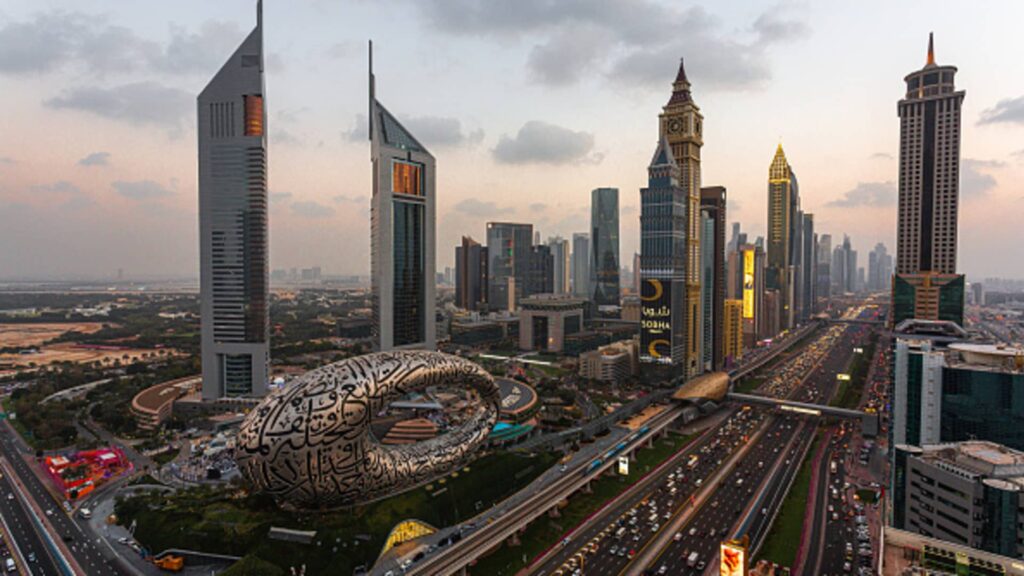
The growth prospects of countries like India and South Korea have seen many investors and big-name banks turn bullish on emerging markets this year. One wealth manager, however, said his super-rich clients are focused elsewhere. “A lot of wealth, especially from ultra-high-net-worth individuals, is moving to Dubai,” Dhruba Jyoti Sengupta, CEO of Wrise Private Middle East, told CNBC Pro on May 31. Sengupta — whose firm serves ultra-high-net-worth and high-net-worth individuals across Asia, the Middle East and Europe — said he regularly receives inquiries from individuals about investing in Dubai. “Dubai is leveraging on political instability happening around the world,” he said. “There’s a lot of Russian and Chinese money that has come into the Dubai market. The new wealth coming in now is from India’s start-up community, Chinese businesses, European hedge funds and family offices and even conglomerates from Indonesia.” Dubai, a city in the United Arab Emirates, serves as a gateway to other parts of the Middle East, Africa and elsewhere. It has seen a 78% jump in its millionaire population over the past 10 years, according to Henley & Partners, and is now home to 72,500 millionaires. The consultancy firm, which tracks private wealth and global investment migration trends, ranked it as the 21st wealthiest city in the world. Dubai’s benchmark DFMGI index is down around 1.64% year-to-date but up more than 10% in the last 12 months. What makes Dubai attractive to the super-rich, according to Sengupta, is the ease of doing business and investing there, its tax-free policies, and access to other markets. “We don’t see wealth movement in totality,” he said. “In fact, the super-wealthy do a lot of diversification and invest in different geographies and assets using Dubai as a gateway.” Portfolio allocation Sengupta also revealed how individuals with around $10 million to invest typically allocate funds: $3 million (30%) in wealth accumulation. These funds are allocated across “high-return asset classes” such as equities, real estate and commodities, like copper, he said. A portion of the funds are often also channeled into alternative assets, with cryptocurrencies like bitcoin and ether among the favorites. $3 million (30%) in wealth conservation. The funds are typically invested in fixed-income assets like U.S. Treasurys and passively managed products such as those offered by hedge funds and private equity firms. $3 million (30%) in cash. $1 million (10%) in their own business where applicable. “Investors typically see returns of 23-25% in their own business which they control and understand well,” Sengupta, who is the former head of insurance and investments for EMEA at Citibank, said. “So, we focus on that as an asset class as compared to putting all the funds into risky assets which may yield single-digit returns.”






